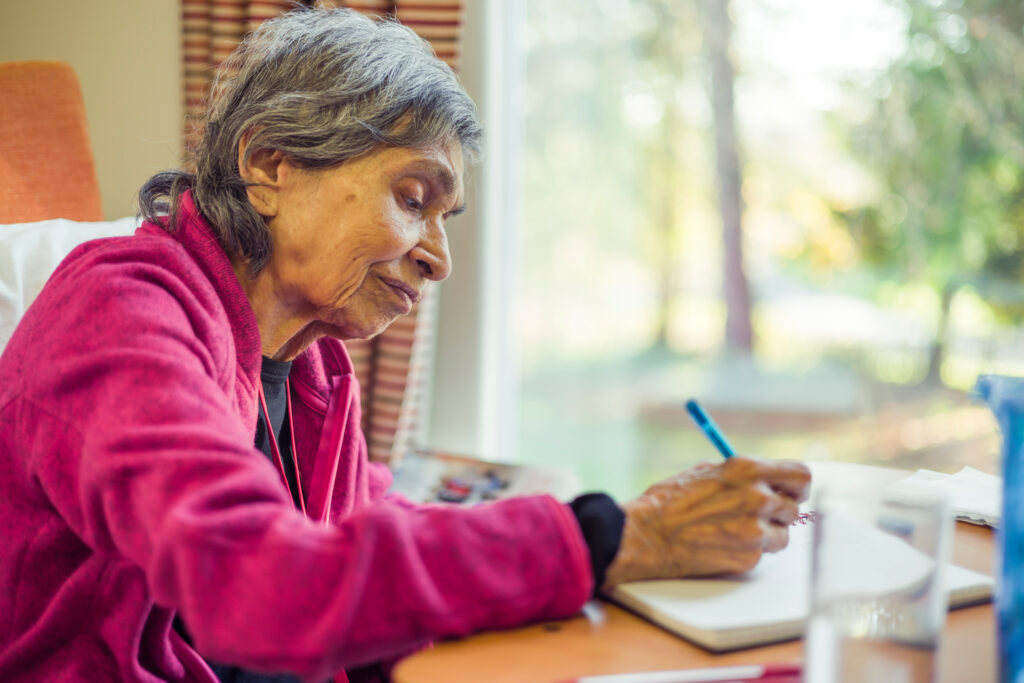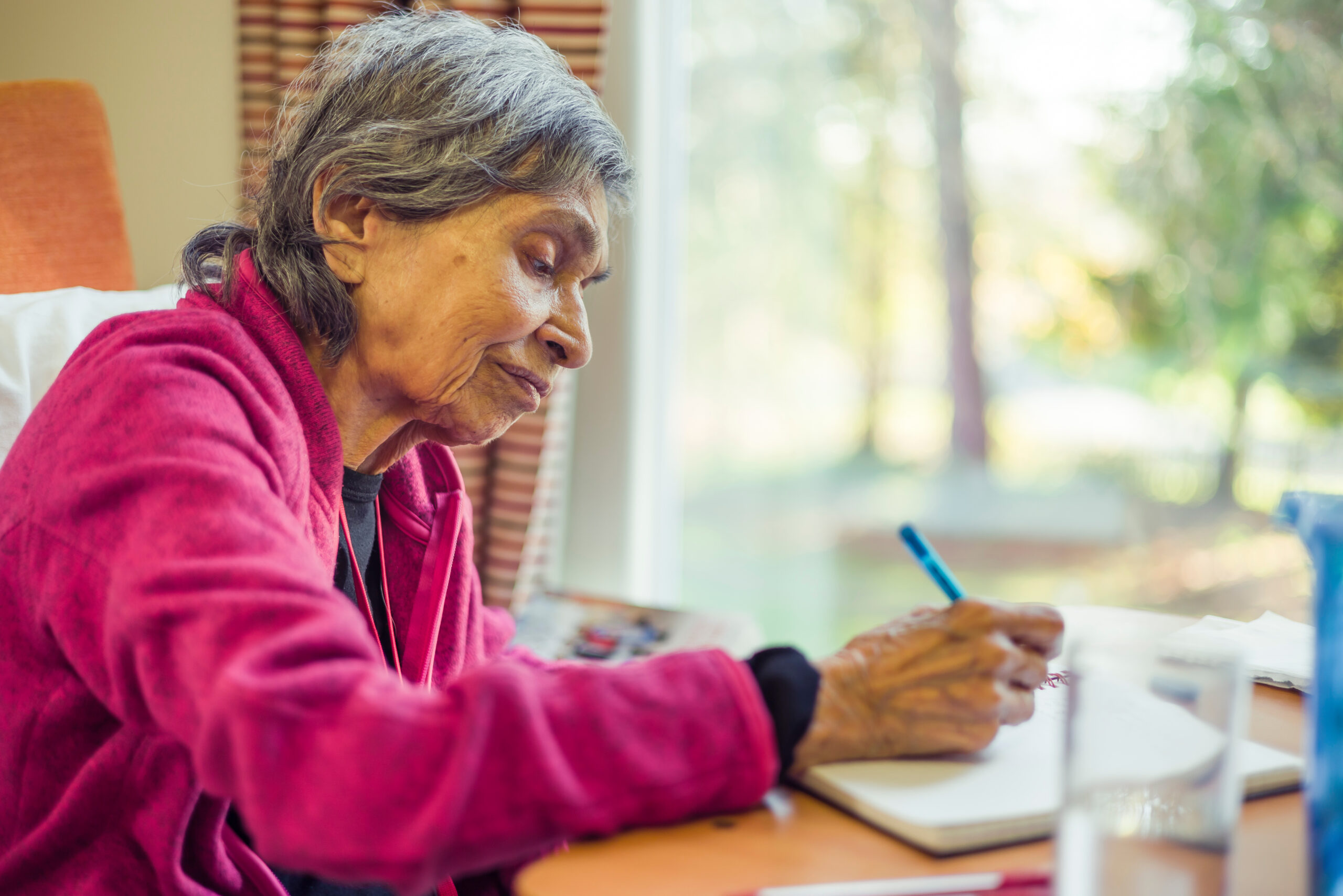We live in an ageing population, with many older adults needing assistance with everyday tasks due to age-related conditions or disabilities. As a result, many older adults rely on family members or friends for psychological, practical, or physical assistance – or all three.

This support can prolong an individual’s time spent within a familiar home environment and reduce the need for more formal care within a residential care setting. Family can then be invaluable in extending the physical and psychological wellbeing of the older adult.
However, providing care for a family member can be demanding and place a strain on one’s own wellbeing, both physically and emotionally. It may also alter the dynamics of the family relationship to the extent that roles can change dramatically, or even reverse in the case of caring for parents.
The focus of our research has been on the psychological wellbeing of carers of older adults and we also consider older adults specifically. This is because many carers tend to be approaching older age themselves, for example, those caring for a spouse.
To understand some of the enablers and barriers to wellbeing in this population we focused on “self-compassion”. Self-compassion has been said to include three parts: self-kindness is responding gently towards oneself for our faults and failures; common humanity is understanding that we share challenges that we can all face as humans; mindfulness involves allowing oneself to become aware of difficult feelings without being swept away by them.
Self-compassion has shown beneficial effects for increasing resilience and improving outcomes, such as anxiety and depression. However, there has been little research focused on self-compassion interventions for family carers of older adults.
Through interviews, we found self-compassion was not something many carers had thought about. Though it is a vital resource, it is difficult to access due to barriers such as multiple commitments and concerns about providing adequate care.
Despite these barriers, carers were able to identify areas of their lives in which they either could or did engage in self-compassion. Sometimes this involved setting boundaries to their provision of time and care, recognising how much was too much, and when to step back.
Another important action was to maintain connections with others outside of the care relationship. This preserved a separate identity but also gave opportunities to share difficulties with others, reducing some of the tension and stress.
General overall understanding of self-compassion in this caregiving population was underpinned by acts of self-nurturing (for example, activities they enjoyed) and taking time out.
To explore benefits of the individual components of self-compassion (self-kindness, common humanity, and mindfulness) in a caregiver population we tested an online writing intervention aimed to target each of these components. We found that when people focused on mindfulness alone, mood was not improved, but sometimes worsened in these caregivers.
However, we found that focusing on self-compassion entirely, with all components together, was particularly effective for increasing self-kindness, specifically, and for improving mood. This was interesting because it echoed the need for self-nurture which was identified in our interviews.
Our final study brings these findings together in a three-day diary study in which people aged 50 years and over are encouraged to engage in daily self-nurturing activities which include time for themselves.
We hope this final study will provide insight into ways of facilitating self-compassion within a purposeful and enriching space which might otherwise have been filled with stressful activities or less enjoyable or beneficial use of time. We hope our findings will aid development of an intervention which will be widely accessible and easy to implement in the everyday lives of older adults and family caregivers of older adults.
This research has been undertaken by PhD student Farah Wiita under the supervision of Professor Aileen Ho, and Professor Netta Weinstein at the University of Reading, School of Psychology and Clinical Language Sciences. To find out more about the project, email f.l.wiita@pgr.reading.ac.uk.

